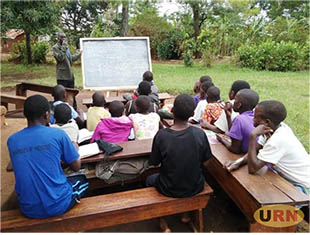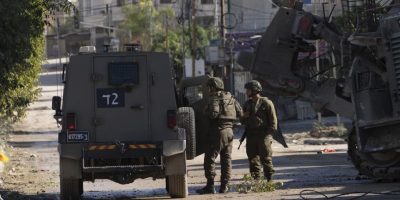Sources tell our reporter that these funds, part of the Global Partnership for Education (GPE) II initiative, will be financed by the World Bank. In a positive turn of events, the World Bank, which had previously suspended loans and grants to Uganda over concerns related to the Anti-Homosexuality Act, has now resumed negotiations, offering fresh prospects for the project.
This development was confirmed by Dr. Denis Mugimba, the Ministry’s spokesperson, who expressed optimism that the previously stalled funding process would now move forward. While Mugimba did not reveal all the details, he confirmed that one of the main funding streams under negotiation is the Global Partnership for Education funding.
He noted that the Ministry had been close to securing this funding before it was suspended due to the World Bank’s freeze on support. “It’s true that the World Bank has returned to the negotiating table,” Mugimba said. “Discussions on GPE funding will continue, involving officials from the Ministry of Finance, the Ministry of Education, and other key stakeholders.”
According to available information and documents reviewed by our reporter, if granted, the proposed funding aims to address several critical areas, including enhancing infrastructure, equipping schools, increasing capitation grants, and overhauling curriculum and instructional materials. The project also seeks to revitalize the inspection directorate and recruit additional teachers to improve the teacher-learner ratio, among other essential improvements.
Sources at the Ministry note that this funding is a key part of the government’s plan to implement fully free education for both Universal Primary Education (UPE) and Universal Secondary Education (USE). The initiative had remained unfunded in the 2024/2025 budget, despite being a top priority for the Ministry and the ruling NRM government as per their manifesto.
Another ministry top official also told our reporter that it’s this funding that such funding would enable the Ministry to carry out planned investments, including infrastructure upgrades and the rehabilitation of traditional secondary schools—another priority that remains unfunded in this year’s budget. A report titled Global Partnership for Education Thematic and Country-level Evaluation Uganda Case Study released in September this year revealed that Uganda had met all the necessary requirements and was eligible to receive funding.
However, it was only the World Bank’s funding freeze that had stood in the way of the country’s hopes of securing these funds. “System Transformation Grant… Not approved – processed paused,” reads the report while giving an overview of the Status of GPE grants. The report adds that the process had reached the final stage of examination of the application by the time of the funding freeze.
Documents reviewed by our reporter revealed that, before the funding freeze, the Ministry had been set to receive support from three interconnected projects, with the World Bank acting as the grant agent. These included a System Transformation Grant of approximately USD 162.5 million, a System Capacity Grant of USD 3.8 million, and a nearly USD 50 million Multiplier Grant.
As negotiations resume, there are concerns that the country may lose out on the $50 million Multiplier Grant, which was put on hold. According to the September report, the allocated funds for this grant have now been exhausted.
Despite these setbacks, Dr. Mugimba remains optimistic. He believes that many of the pending grants will be reactivated and is hopeful that the Ministry will soon secure the necessary funding to support its educational reforms.

















